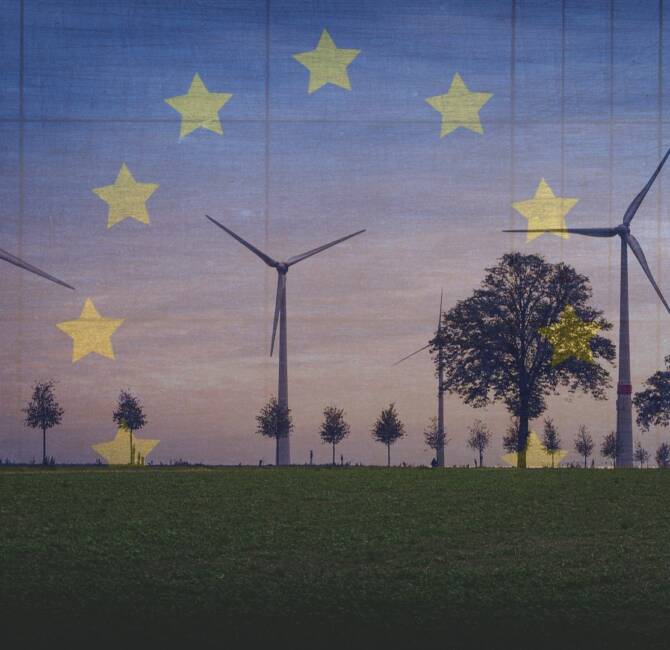The goal of the EU’s project to reduce greenhouse gas emissions is not at all to protect the climate for future generations. The game is about reducing man, reducing him to the position of a pest parasitizing the environment.
An article by dr Michał Sopiński, published originally on Sovereignty.pl. To read the full version on Sovereignty.pl, please click here.
The political and legal systems in their contemporary form are becoming the subject of criticism as being too anthropocentric – putting humans at the centre of reality – and overly focused on socio-economic development, without taking sufficient account of the need to protect the environment. Instead, there is increasing talk of “rights of nature,” if only in the context of the sustainable development agenda. In turn, the changes pushed in the European forum by left-wing utopians – following the lobby of the big financiers from the World Economic Forum in Davos and their emissaries in the form of Klaus Schwab, George Soros, or the Bilderberg group – are supposed to lead us there.
This is because the dominant ideology of globalism in the EU today, and especially the environmentalism associated with it, assumes that the greatest threat to the planet and its entire ecosystem is man. However, the goal of the EU’s project to reduce greenhouse gas emissions is not at all to protect the climate for future generations. The game is about reducing man, reducing him to the position of a pest parasitizing the environment, while increasing Orwellian methods and tools of citizen control. Thus, the idea is to impoverish man, both in the material dimension, by making him not own property, by reducing his food intake, but also to reduce him in the anthropological, psychological, and cultural dimensions.




